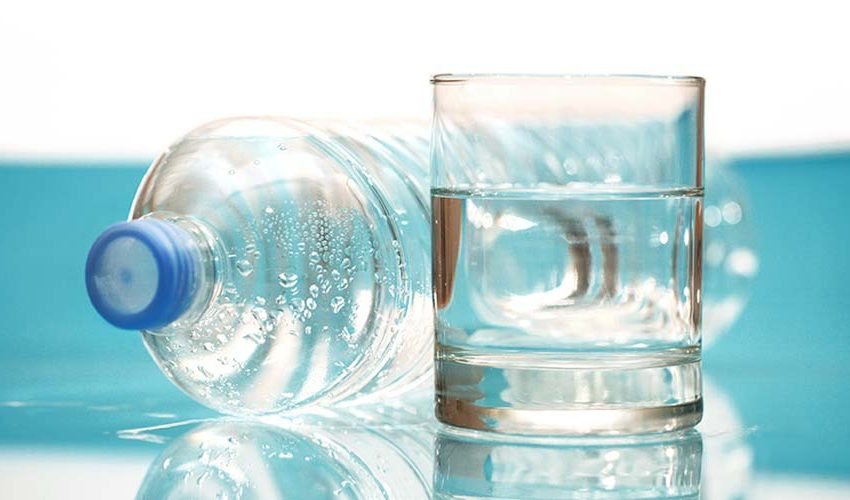Tap Water vs. Bottled Water: Which Is Better?
Water is an essential resource for human survival, and staying properly hydrated is crucial for maintaining good health. When it comes to quenching our thirst, we have two main options: tap water and bottled water. The debate over which is better has been a topic of discussion for years. In this comprehensive guide, we will explore the advantages and disadvantages of both tap water and bottled water, considering factors such as quality, safety, cost, environmental impact, and convenience. By the end, you’ll have a better understanding of the choice that suits your needs and preferences.
Quality and Safety:
Tap Water: Municipal tap water is subjected to rigorous testing and regulation by government bodies to ensure its safety. It is treated with chemicals to eliminate bacteria, viruses, and other contaminants. However, the quality of tap water can vary depending on the location and the condition of the infrastructure. In some areas, tap water may have a taste or odor due to the presence of minerals or chemicals used in the treatment process.
Bottled Water: Bottled water is often marketed as being of superior quality and purity. It undergoes various filtration processes, including reverse osmosis, distillation, or carbon filtration. Additionally, it is often sourced from natural springs or underground wells. However, the regulations for bottled water are not as stringent as those for tap water. Some studies have found that bottled water can contain trace amounts of contaminants, and in rare cases, even bacteria.
Cost:
Tap Water: One of the biggest advantages of tap water is its affordability. In most places, tap water is significantly cheaper than bottled water. In fact, the cost of tap water is typically a fraction of a penny per gallon. By choosing tap water, you can save a considerable amount of money over time, especially if you consume water frequently.
Bottled Water: Bottled water, on the other hand, can be quite expensive compared to tap water. The cost of individual bottles can add up quickly, particularly if you rely solely on bottled water for your hydration needs. Moreover, the expenses associated with production, packaging, and transportation contribute to the higher price tag of bottled water.
Environmental Impact:
Tap Water: Opting for tap water is generally considered more environmentally friendly. The production and disposal of plastic bottles contribute to pollution and the depletion of natural resources. By using tap water, you can help reduce plastic waste and minimize your carbon footprint.
Bottled Water: Bottled water has a significant environmental impact. It requires large amounts of energy and resources to manufacture, fill, and transport the bottles. Furthermore, a considerable percentage of plastic bottles end up in landfills or as litter, taking hundreds of years to decompose. This contributes to pollution and poses a threat to marine life and ecosystems.
Convenience:
Tap Water: Tap water offers the ultimate convenience. It is readily available in homes, offices, and public spaces. You can access tap water whenever you need it, without the need to carry heavy bottles or worry about running out of supply. Additionally, using a reusable water bottle allows you to refill it wherever tap water is available, reducing the need to purchase single-use plastic bottles.
Bottled Water: Bottled water provides convenience in terms of portability. It is easily accessible on the go, making it a popular choice for outdoor activities, traveling, or situations where tap water is not readily available. However, relying solely on bottled water can be inconvenient if you run out or forget to bring it with you, requiring you to purchase more.
Regulation and Transparency:
Tap Water: Municipal tap water is subject to strict regulation and regular testing, ensuring transparency and accountability. Water quality reports are often available to the public, allowing consumers to assess the safety and quality of their tap water. This transparency provides reassurance regarding the water’s source and treatment processes.
Bottled Water: The regulations for bottled water vary across countries, and they are generally not as strict as those for tap water. Bottled water companies may not always disclose the source of the water or the specific treatment processes used. While some brands voluntarily provide information on water quality and testing, it is not always required.
Conclusion:
Ultimately, the choice between tap water and bottled water depends on various factors, including personal preference, convenience, and the quality of tap water in your area. From a standpoint of quality, tap water is generally safe to drink and undergoes rigorous testing. It is also more affordable and environmentally friendly. On the other hand, bottled water offers convenience and portability, particularly for those who are frequently on the move. However, it is often more expensive, produces plastic waste, and has a lower level of regulation and transparency.
To make an informed decision, consider a combination of tap water and reusable bottles for daily use, supplemented with bottled water for specific situations where tap water is unavailable. Remember to prioritize your health, budget, and the environment when deciding between tap water and bottled water.
- Tap Water vs. Bottled Water: Which Is Better? - July 15, 2023

